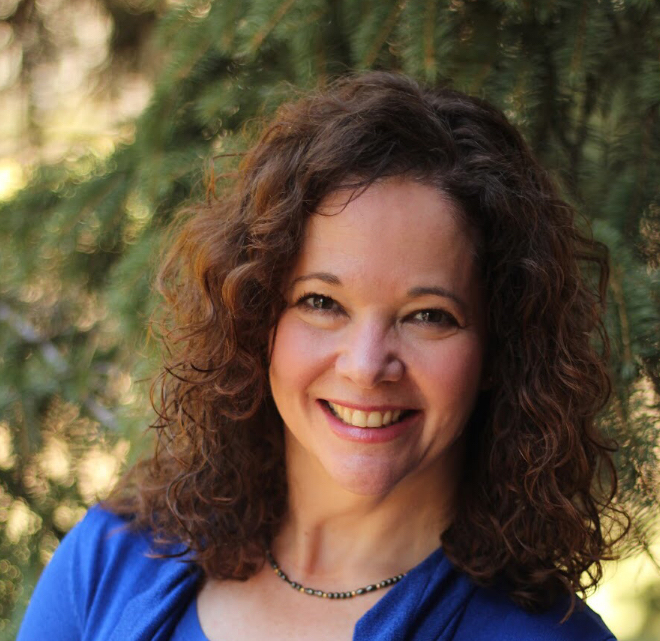Clinic Spotlight: University of Minnesota-Twin Cities
University of Minnesota-Twin Cities Speech Clinic

Marilyn Fairchild is a speech-language pathologist and clinical supervisor at the University of Minnesota (UMN). She has Masters degrees in teaching English as a Second Language and Communication Disorders. Areas of interest include gender affirming voice and communication services for transgender and gender non-conforming individuals, language difference vs. language disorder in culturally and linguistically diverse populations, literacy skills in children with speech/language issues, and formative assessment in clinical education. She served as co-author of Talk With Me: A Resource Guide for Speech Language Pathologists and Educators Working with Linguistically Diverse Young Children and their Families (2001, 2012). She is active in the Minnesota Speech, Language, Hearing Association, serving as a member of the Legislative Steering Committee, Policy Council, and Multicultural Affairs Committee. She is also Past Co-President of the association. Outside of work, she enjoys yoga, running, and spending time with her family and dogs.
Note: You should consult with your doctor or speech pathologist for recommendations on treatment. The views and opinions expressed in this article are those of Marilyn Fairchild and do not necessarily reflect the official policy or position of SpeechPathologyMastersPrograms.com
When did you start offering transgender voice therapy at your clinic?
We began services in the spring of 2017, with an increase in the number of clients served beginning in spring of 2018.
Why did you start offering transgender voice therapy?
Based upon calls into our center, we determined that there was a community need. We began with several months of training that included working with a community expert/mentor, attending multiple trainings, workshops and seminars, reading extensively, connecting with members of the LGBTQIA community, etc.
How has offering this therapy improved graduate student experience?
Our graduate students have enthusiastically embraced the opportunity to learn more about providing gender affirming voice and communication services. They have expressed how they have grown professionally from working with the voice clients and from learning more about the importance of cultural competence and responsiveness when working with any clients who are members of LGBTQIA populations.
How have client lives been improved?
My clients have said that these services have enabled them to communicate with increased comfort and confidence. To share a brief story (with permission and without identifying information), one of my clients told me that her voice had always been a problem for her, not because she had a problem with it, but because other people did. She expressed to me that even simple encounters could be problematic, like thanking someone for holding a door for her. She worked with us for about a year, and, upon completion of services, she expressed that she now feels empowered to communicate and express herself across a variety of settings.
These services also have implications for personal safety. According to the National Center for Transgender Equality, one in four transgender individuals has faced a bias-driven assault. Rates are higher for transgender women and transgender people of color. The voice is one aspect of personal expression that society uses to gender individuals. Having a voice that aligns with one’s gender identity can help individuals to stay safe while navigating their day-to-day lives.
What is some of the other important work that your clinic is doing?
Our provision of service in the area of gender affirming voice and communication services led to our writing a Campus Climate grant to form an allied health collaborative with the PT and OT departments on campus. Through that initiative, we sponsored an inter-professional training on competence and responsiveness among allied health providers working with LGBTQIA populations. In turn, this led to our involvement on an interdisciplinary transgender healthcare advisory board. We are continuing to work on spreading the word regarding the importance of competent and responsive healthcare for all LGBTQIA individuals seeking communication services.
In addition to the work our department has been doing in the area of gender affirming voice and communication, we have several initiatives and programs in place, including voice banking for individuals with ALS, co-treatment of clients with professionals from the PT department, individual and group support for individuals with neurogenic communication difficulties, individual and group support for individuals with stuttering, literacy-based group and individual services, etc. Our clinic is a lively and interactive space where students and clinical supervisors provide exemplary care while also supporting personal and professional development through use of a respectful, responsive co-growth mindset.
More Information:
Read more about Marilyn’s work on the ASHA leader blog.

